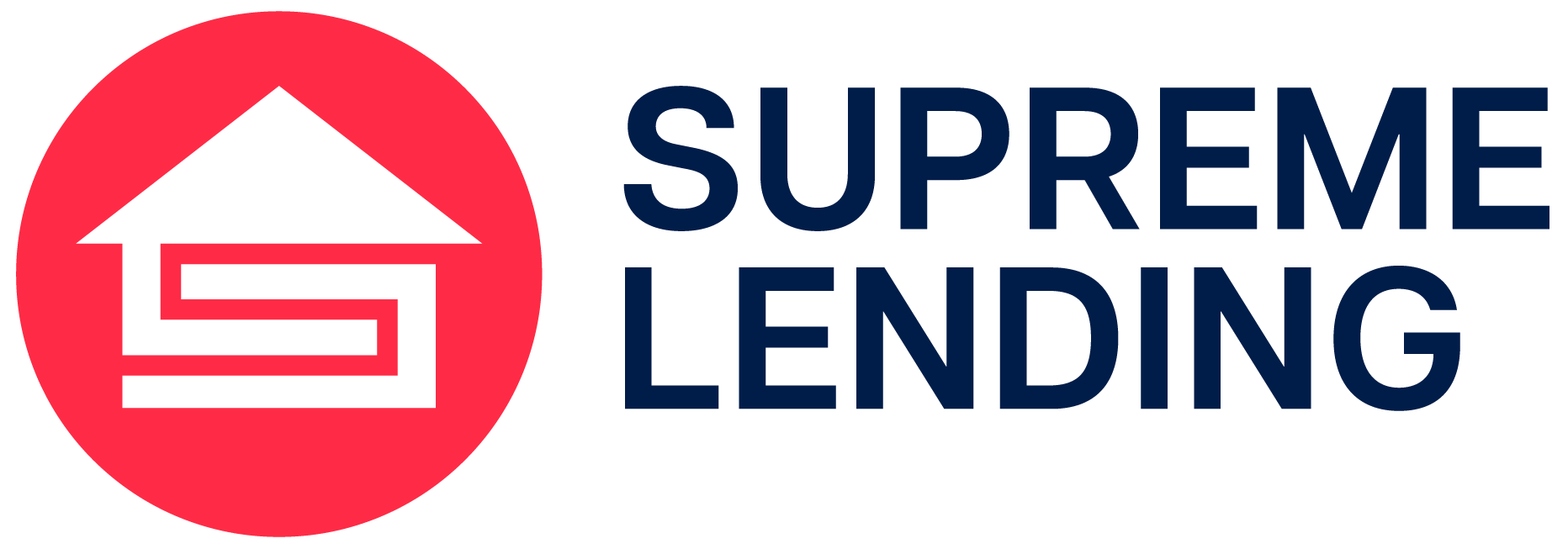
Condominiums—commonly known as condos—are a great option for homebuyers looking for less maintenance, urban settings, lock-and-leave lifestyle, and community amenities. But the differences between financing condos and single-family homes may bring more complexity to the condo loan process.
Condos are privately-owned units within a building where residents have ownership of their interior space and share ownership of common areas and exterior space (i.e., pool, roof, landscaping). Condo buildings are typically managed by a homeowner’s association (HOA). Upkeep of the common areas can be funded through monthly HOA fees, which are in addition to a resident’s mortgage payment.
The condo loan process typically considers several more factors than the process for a single-family home. Down payment minimums and interest rates may be higher for condo loans too. When financing a condo, lenders will not only look at the buyer’s financial history but may also evaluate the condo community’s condition and finances.
Several types of loans have requirements that condo associations must meet for a lender to be able to provide financing, which identify the condo as “warrantable.” If a condo property doesn’t follow specified guidelines, lenders, including Supreme Lending, can offer condo loan options for non-warrantable properties if eligible. Condo loan options include Conventional, FHA, VA, and new construction.
While the condo loan process may be more complex, Supreme Lending has an experienced in-house Project Review Office team dedicated to helping speed up the process by gathering and processing required documents for condo loans for a smooth homebuying experience.
Are you looking to finance a condo now or in the future? Contact your local Supreme Lending branch to get started.

